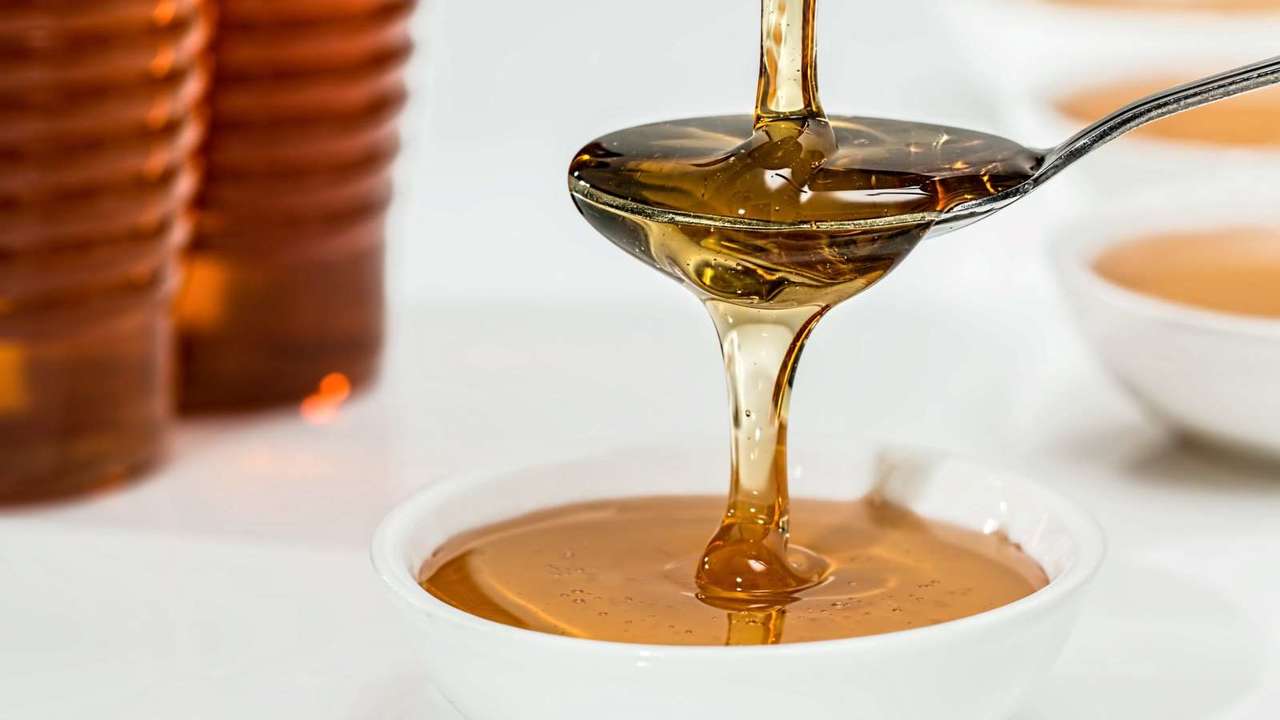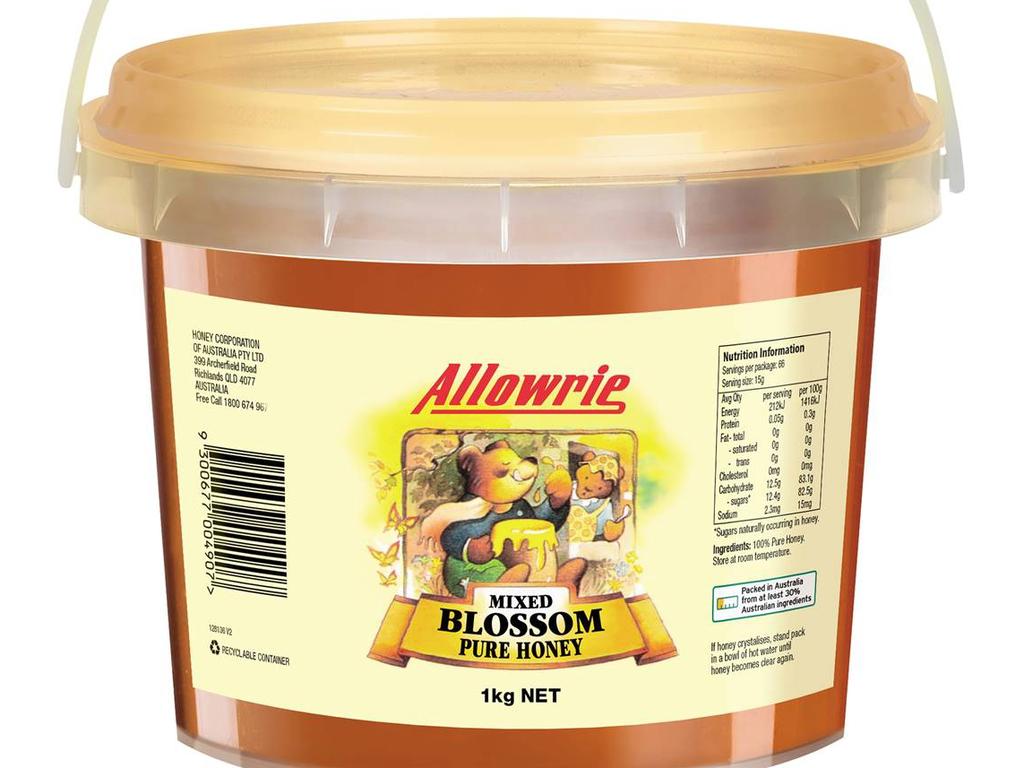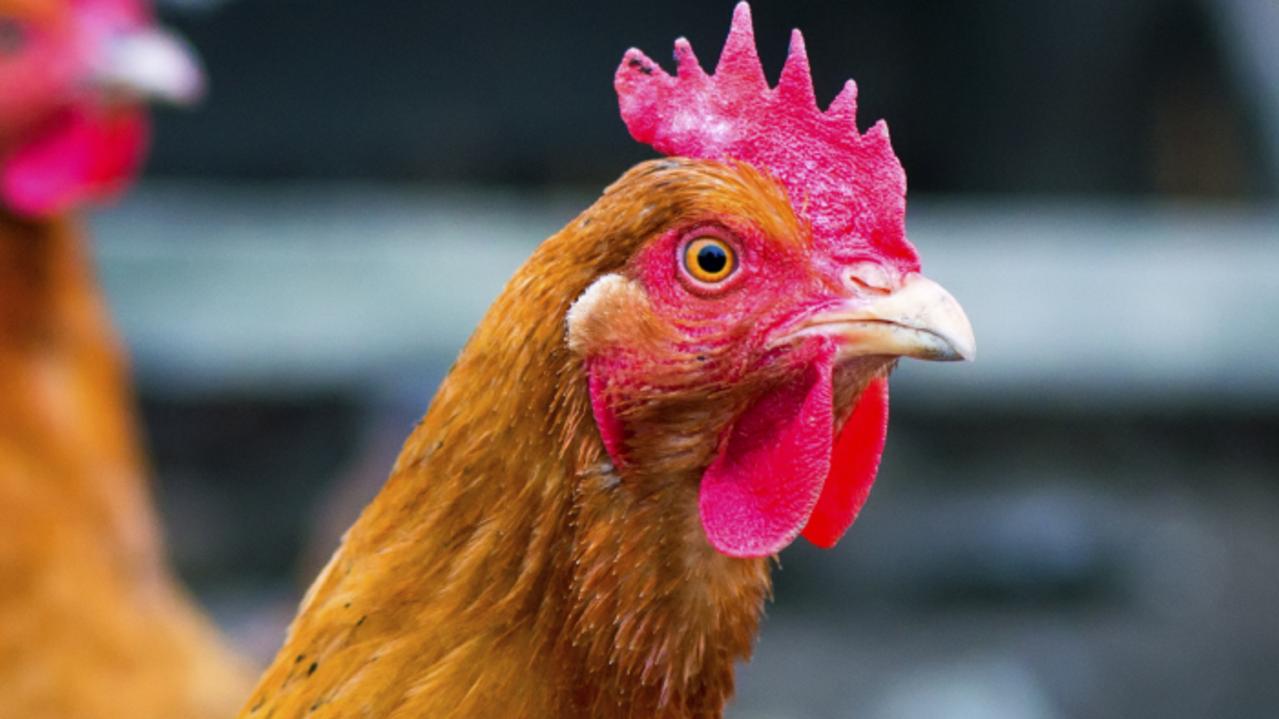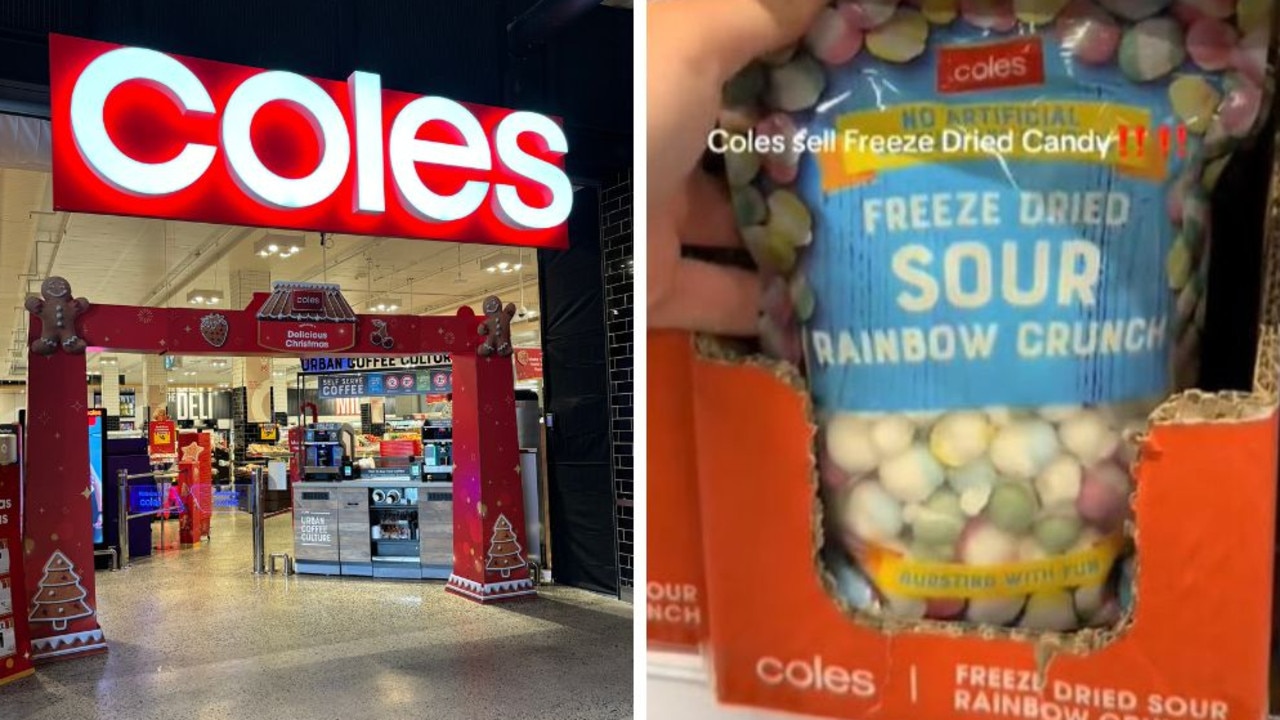A report has accused Capilano and supermarket giants of selling fake honey
AUSTRALIA’S biggest listed honey company and some of the country’s largest supermarket chains are facing accusations of selling fake honey.

AUSTRALIA’S biggest listed honey company and some of the country’s largest supermarket chains are facing accusations of selling fake honey, according to tests.
A report led by leading international scientific lab that specialises in honey fraud, found that almost half the samples selected from supermarket shelves was “adulterated”, meaning it had been mixed with other substances.
The ABC reported that the adulterated samples were all products that blend local and imported honey.
Capilano’s Allowrie branded Mixed Blossom Honey, which sources honey from Australia and overseas, and markets itself as 100 per cent honey, showed up as “adulterated” in the majority of samples tested, the publication reported.
However, it strongly denied any issues with its products and criticised the type of test — known as Nuclear Magnetic Resolution — used to detect the impurities, pointing out it differed from the official Australian test.
The results are set to ignite a storm over how honey purity is tested that will involve the Federal Government as well as local and international regulators, the ABC reported.
Aldi has already moved to pull an affected product from its shelves as a precaution.
Trevor Weatherhead, executive director of the Australian Honey Bee Industry Council, told Melbourne’s 3AW that he thought the report was “vague”.
“I hadn’t known about it until this morning,” Mr Weatherhead said.
“It’s interesting that they say it’s adulterated but they don’t say what it is.”

But Phil McCabe, president of the International Federation of Beekeepers’ Association (Apimondia), believes the NMR test is the most accurate available and thinks consumers are not getting what they paid for.
“Adulterated honey isn’t honey at all,” he told 7.30.
“By and large [the impurity] is some kind of syrup that’s been converted to look like honey, it tastes like honey.
“Everything about it seems to be honey, when in fact it’s just sugar syrup or something else.
“Consumers don’t realise what they are buying and eating isn’t honey.”
Mr McCabe said he would refer the tests, obtained by Fairfax Media and 7.30, and commissioned by top law firm King & Wood Mallesons, to Interpol for further investigation.
Germany’s Quality Services International (QSI) lab was commissioned by the law firm on behalf of horticulturalist Robert Costa to conduct two types of tests of the sampled honey.
One used NMR screening and the second used the official C4 sugar test.
The joint media investigation into the honey industry was supplied a copy of the results from Mallesons.
The law firm collected 28 blended and imported honey samples from supermarket stores around Australia, including Coles, Woolworths, Aldi and IGA and documented the stores, locations, brands and batches.
According to the ABC, the lab tested eight Allowrie samples as well as IGA’s Black & Gold private label and Aldi’s Bramwell’s private label brand, which are blended local and imported honey, and detected adulteration in almost half the samples.
Using the NMR testing, the results showed that 12 of the 28 samples tested were not 100 per cent pure honey.

Capilano said it was 100 per cent confident its Allowrie honey, which is made using up to 70 per cent imported honey, was pure and that it was not surprised by the results given the “weaknesses” in NMR testing as an analytical method.
“We are incredibly concerned that they are being used in isolation of more robust analytical testing, given this is also the opinion of the manufacturer (Bruker) and the two most reputable laboratories in the world (Intertek and QSI), one of which has conducted the NMR analysis,” Capilano said in a statement.
“Our concern lies in the use of these results to create doubt and confusion over the authenticity of honey and how that could be used to mislead the public and consumers.”
Capilano said it “stands by the quality and purity of all of our honey brands, including Allowrie which has never failed more stringent and appropriate testing by world-renowned laboratories”.
The publication reported that Aldi said it would investigate the claims and if the investigations conclude that the product has been adulterated, it would permanently be removed from sale at Aldi and further actions would be taken with the supplier.
Woolworths said it treated the accuracy of product labelling very seriously.
“We will now work closely with our supplier to review the substance of the claims in detail before determining our next steps,” it said.
Coles said it had deleted all Allowrie products from its shelves for unrelated reasons in July after a range review.
IGA said it meets all the requirements of the Australian and New Zealand food code.



